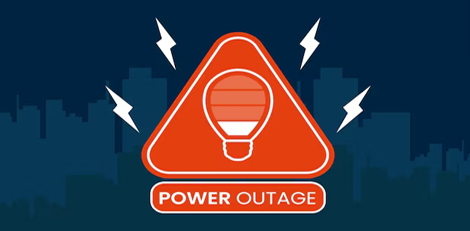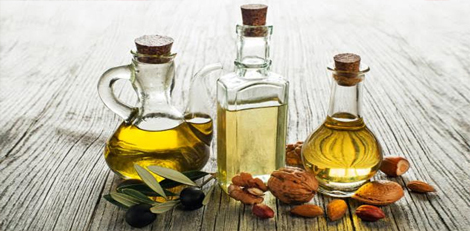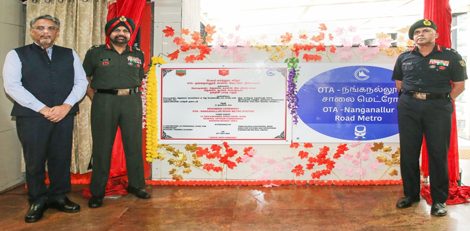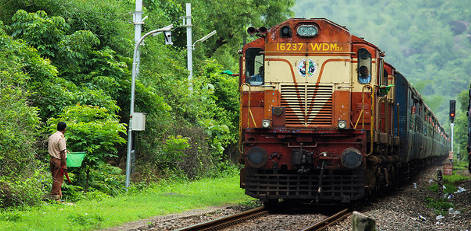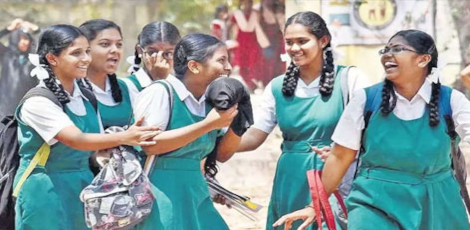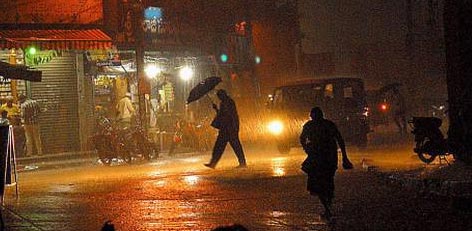LPG maintenance & Safety Tips for Home
Posted on: 16/May/2017 12:09:30 PM
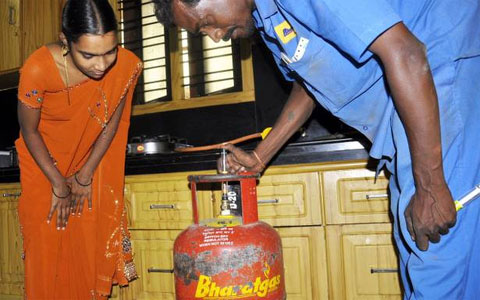
LPG is a popular and efficient energy source used in homes for cooking. It is imperative that you take good care and use it safely and responsibly. LPG Cylinders are strong and cannot be damaged easily. However leaks can occur from cylinder, valves and pipe connections if it is not kept in good condition or if considerable care is not taken while replacing them.
When buying your LPG:
- Always buy LPG cylinders from authorized franchisees only
- Check that the cylinder has been delivered with the company seal and safety cap intact, do not accept the cylinder if the seal is broken
- Please look for the due date of test, which is marked on the inner side of the cylinder stay plate and if this date is over, do not accept the cylinder
When cooking with LPG:
- Keep the windows open to ventilate your kitchen,
- Do not place flammable or plastic items near the flame,
- Never leave your cooking unattended. The cooking vessel could overflow and extinguish the burners, causing gas to leak.
- Close the regulator knob to OFF position when cylinder is not in use,
LPG maintenance:
- Disconnect LPG regulator and affix safety cap when your gas stove is not in use for prolonged period
- Always store the LPG cylinder in an upright position and away from other combustible and flammable materials
- Check for gas leaks regularly by applying soap solution on cylinder joints. The appearance of soap bubbles indicates leak points
- Do not use open flame to detect leaks
- Always replace worn-out or defective tubing and regulators. Half of all cooking gas-related accidents occur due to leakages from the rubber tube. Use only regulators and tubes with ISI Mark
- Make sure all parts of your LPG system is in good condition. If you find anything wrong with any part, contact your franchisee immediately and ask for assistance
- Never tamper with your LPG cylinder.
Courtesy: SUPERGAS


